Swiss foreign policy prioritises digitalisation
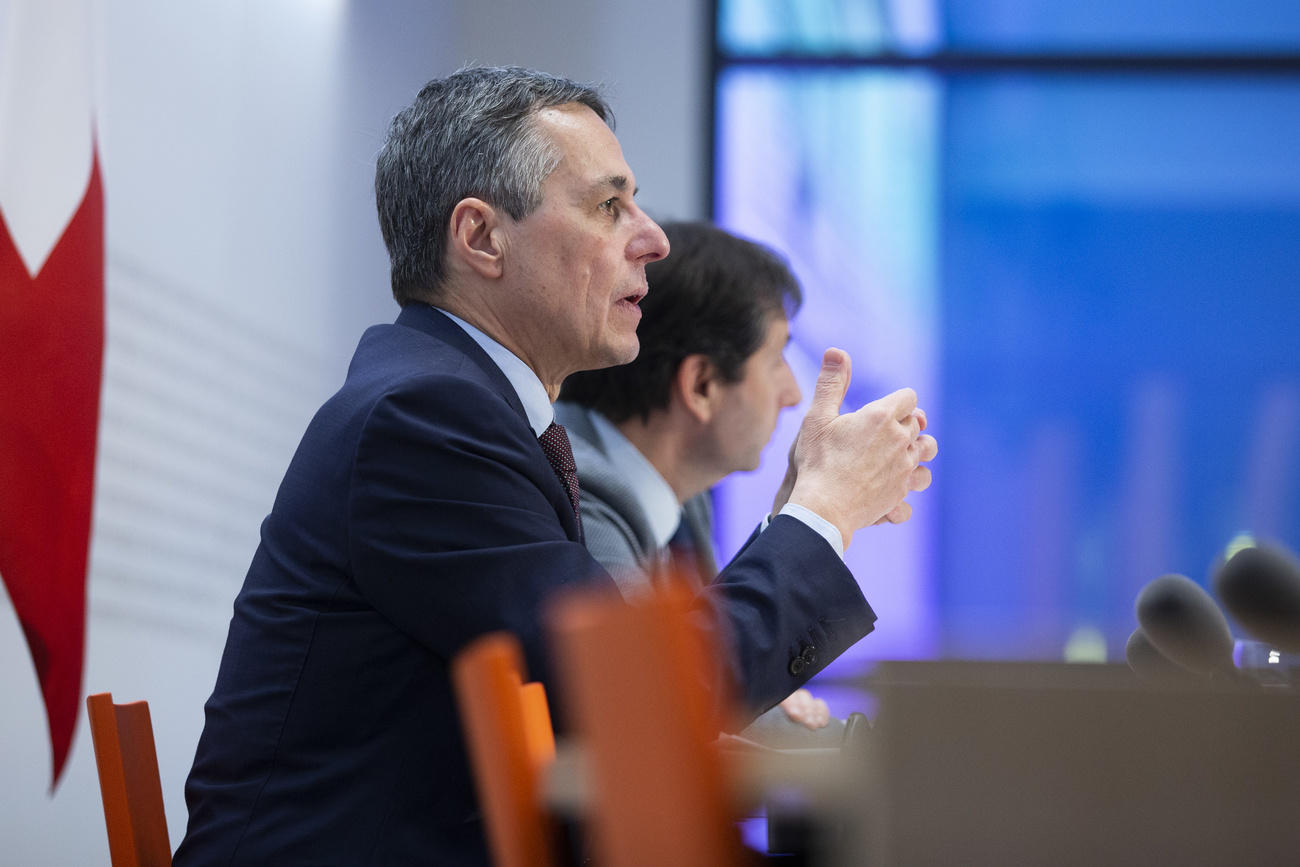
The Swiss government has said it will place increasing importance on sustainable development and digitalisation in its foreign policy strategy over the next four years.
Presenting the priorities to the media on Thursday, Foreign Minister Ignazio Cassis said Switzerland would seek to contribute to fighting climate change and to reaching the sustainability goals of the United Nations, known as Agenda 2030.
Cassis also highlighted the further development of a digital foreign policy and help in implementing global governance while positioning the Swiss city of Geneva as a hub of efforts to coordinate collective action at a global level.
“Making International Geneva fit for the 21st century means innovation, new topics such as digital governance besides humanitarian law,” he said.
The policy includes defining the responsibilities in cyberspace, ensuring access to data in the context of democratic independence, the rule of law and the respect of human rights, according to 40-page white paper.
Existing institutions, notably the Geneva Internet PlatformExternal link, the foundation Geneva Science-Diplomacy Anticipator and Geneva Dialogue on Responsible Behaviour in CyberspaceExternal link, are to be given a boost.
EU relations
The strategy paper also puts peace, security and prosperity high on the agenda. At the centre is Switzerland’s candidacy for a non-permanent seat on the United Nations Security Council for 2023-2024 and the consolidation of bilateral relations with the European Union.
+ Domestic criticism of the Swiss candidacy for a Security Council seat
+ Parliament insists on further talks on future ties with the EU
Cassis refused to speculate on whether it is realistic to strike a deal with Brussels, ending years of negotiations about a framework accord for the more than 120 bilateral agreements.
Switzerland is not a member of 27-nation bloc, but the EU is its main trading partner.
In May, Swiss voters are due to have the final say on a right-wing proposal to end the immigration policy with the EU amid a stalemate in talks about energy, medical technology and access to stock exchanges.
UN Security Council
As for the seat on the UN Security Council, Cassis said Switzerland would officially launch its candidacy in New York in July.
“As a neutral country, it will allow us to contribute to peace and security and to be a bridge-builder while defending our own interests,” he said, adding that Switzerland’s good services acting as a go-between for parties in conflict would remain important.
For the first time, the development of the foreign policy strategy involved all seven government ministries, the country’s 26 cantons as well as other stakeholders. The white paper also set concrete goals.
Cassis said the government hoped to give a “proactive dynamic” and to make foreign policy more coherent.
“Switzerland’s foreign policy can be most effective if both domestic and international stakeholders support the ‘whole of Switzerland’ approach,” the foreign policy report concluded.
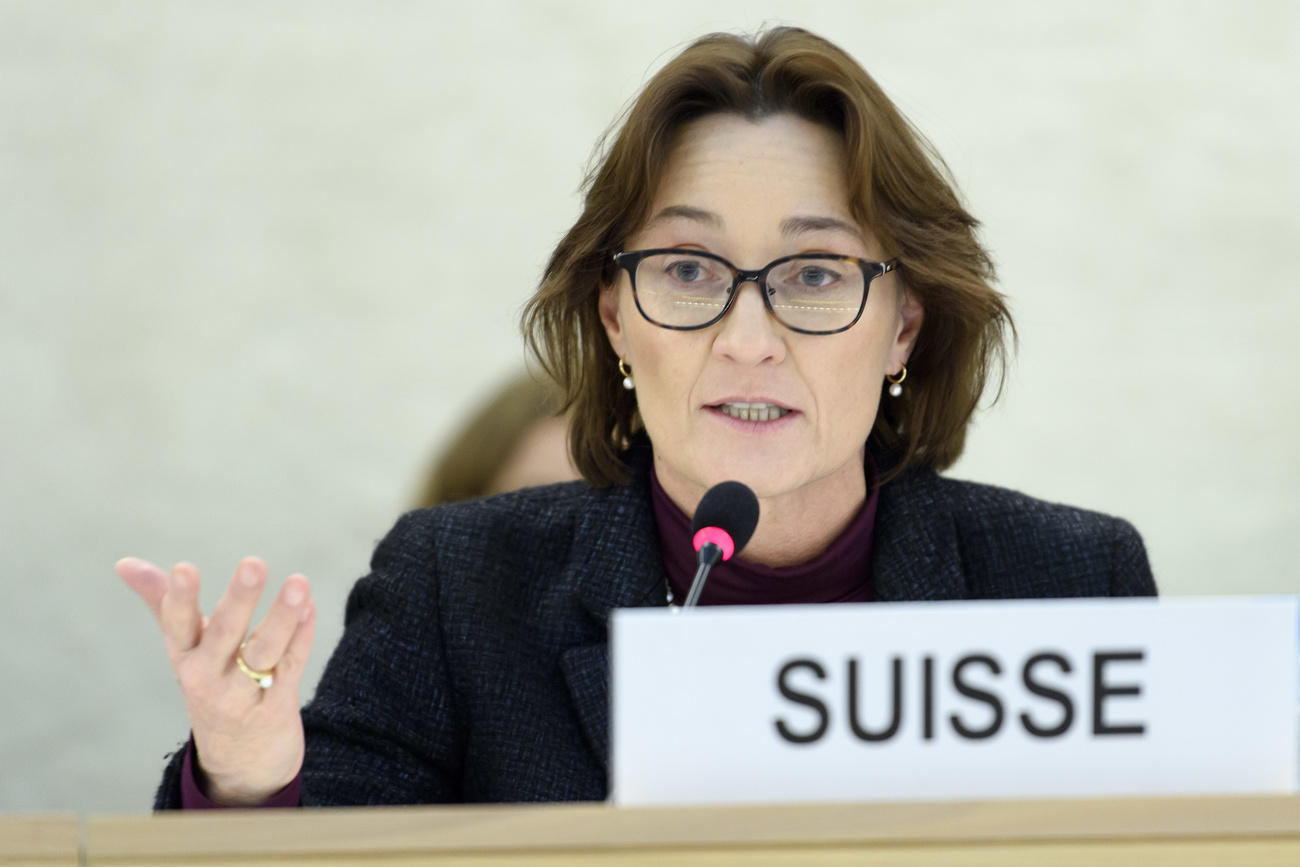
More
Business and human rights can go together, says foreign policy boss

In compliance with the JTI standards
More: SWI swissinfo.ch certified by the Journalism Trust Initiative
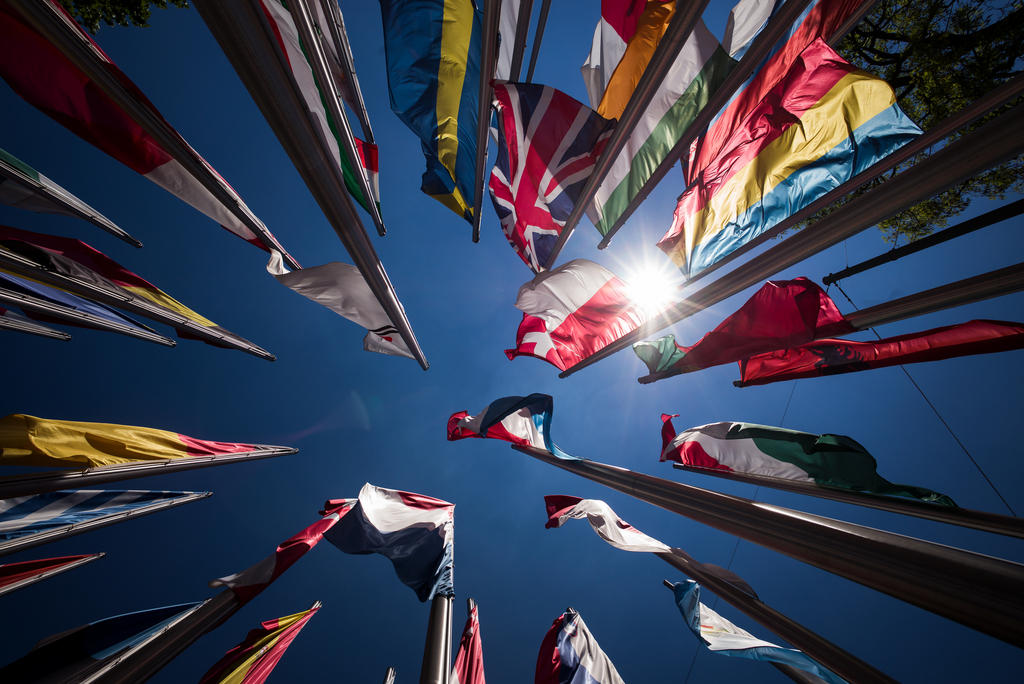
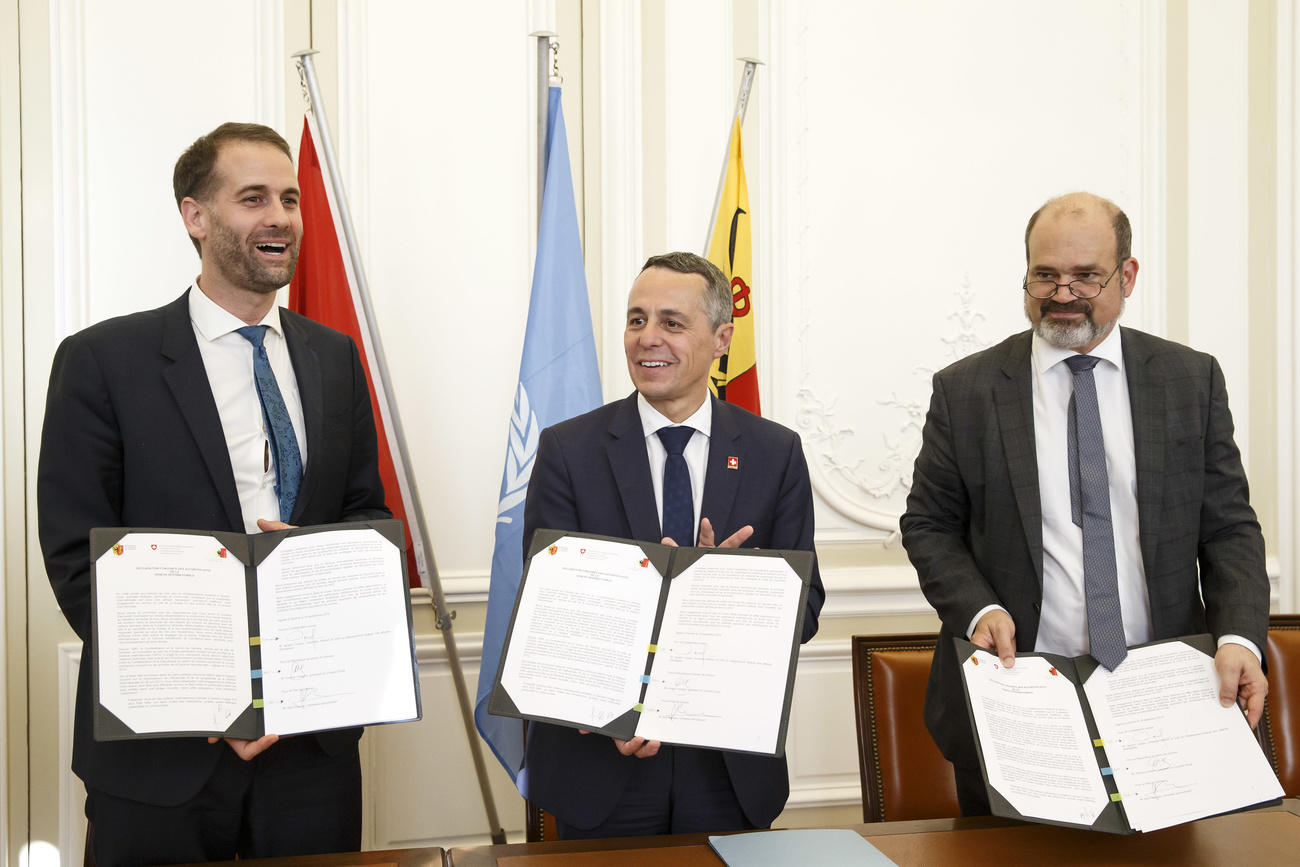

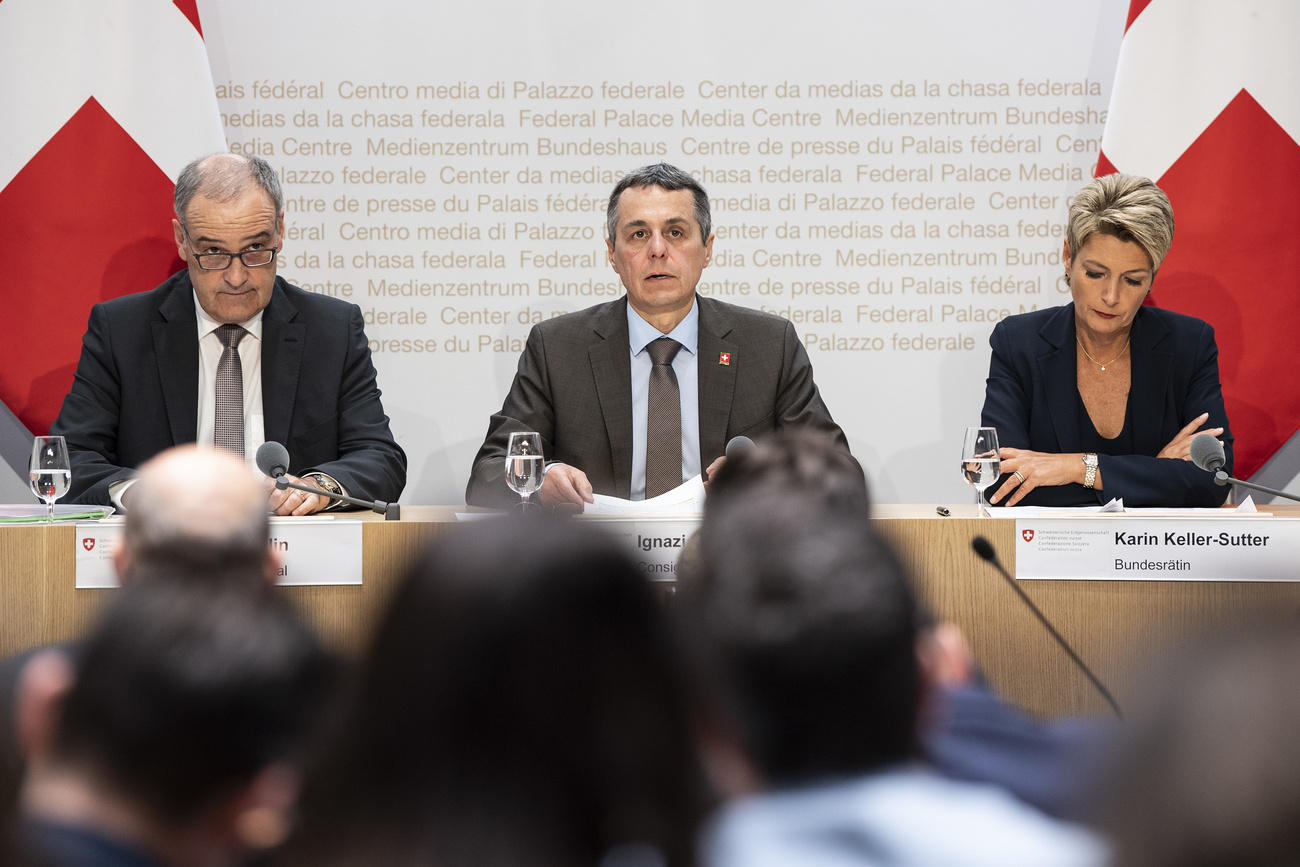
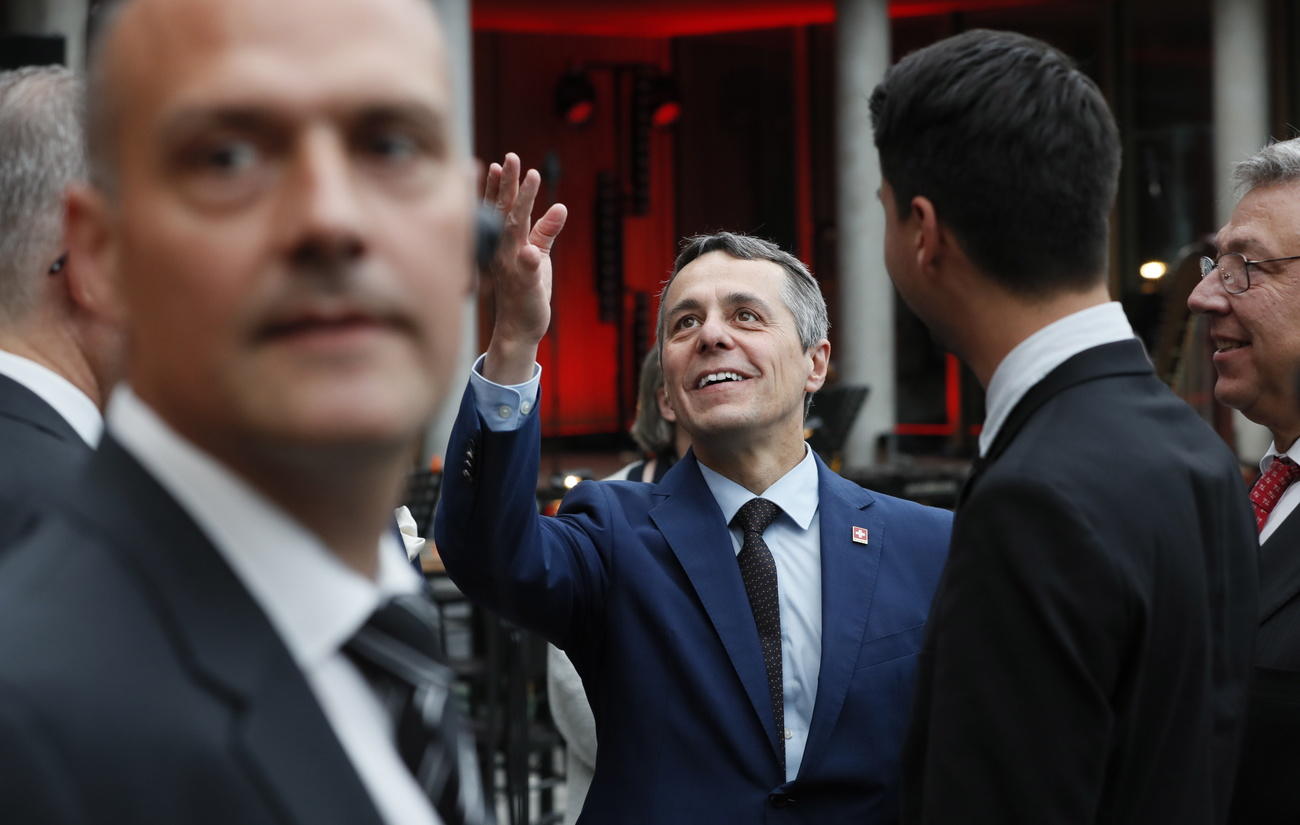
You can find an overview of ongoing debates with our journalists here. Please join us!
If you want to start a conversation about a topic raised in this article or want to report factual errors, email us at english@swissinfo.ch.